Making Levantine CuisineModern Foodways of the Eastern Mediterranean
Melding the rural and the urban with the local, regional, and global, Levantine cuisine is a mélange of ingredients, recipes, and modes of consumption rooted in the Eastern Mediterranean. Making Levantine Cuisine provides much-needed scholarly attention to the region’s culinary cultures while teasing apart the tangled histories and knotted migrations of food. Akin to the region itself, the culinary repertoires that comprise Levantine cuisine endure and transform—are unified but not uniform. This book delves into the production and circulation of sugar, olive oil, and pistachios; examines the social origins of kibbe, Adana kebab, shakshuka, falafel, and shawarma; and offers a sprinkling of family recipes along the way. The histories of these ingredients and dishes, now so emblematic of the Levant, reveal the processes that codified them as national foods, the faulty binaries of Arab or Jewish and traditional or modern, and the global nature of foodways. Making Levantine Cuisine draws from personal archives and public memory to illustrate the diverse past and persistent cultural unity of a politically divided region.
Anny Gaul is an assistant professor of Arabic Studies at the University of Maryland, College Park.
Graham Auman Pitts is a visiting professor in the Elliott School of International Affairs at George Washington University.
Vicki Valosik is the editorial director at Georgetown University’s Center for Contemporary Arab Studies.
“This is an admirable and timely collection addressing key topics at the interface of Middle Eastern and culinary studies. The scholarship is excellent; and recipes, reminiscences, and poetry add complementary modes of describing modern Levantine cuisine. It’s wonderful to have so many insights into the relations between culinary, political, and economic history of this fascinating and pivotal part of the world. There’s lots to love about this volume.”
Rachel Laudan, author of Cuisine and Empire: Cooking in World History
“This important collection is an absolute delight. Bringing together historians, anthropologists, and literary scholars, but also poets and food writers, it is interdisciplinary in the true sense of the term. Taken together, these enlightening essays do more than simply provide us with new insight into Middle Eastern foodways: they also open up new conversations and suggest new ways of looking at the world. This book is indispensable reading for all those interested in the region’s rich culinary cultures. ”
Andrew Arsan, author of Lebanon: A Country in Fragments


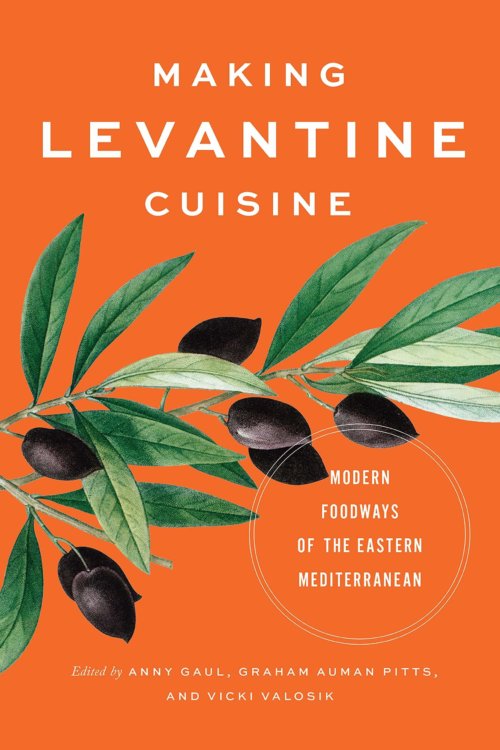


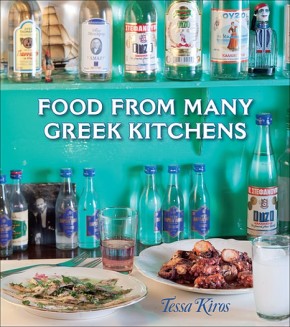
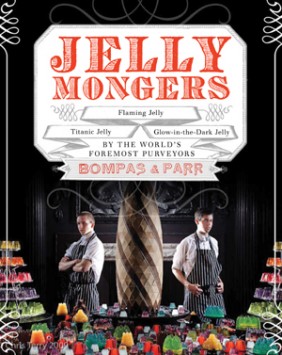
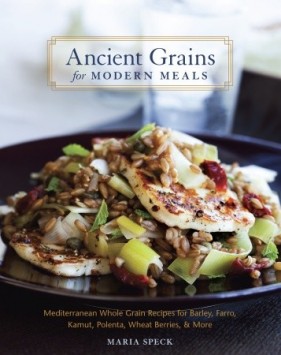
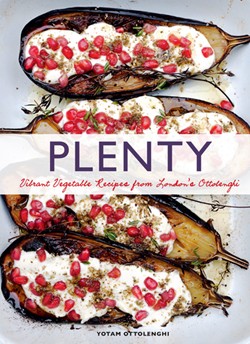
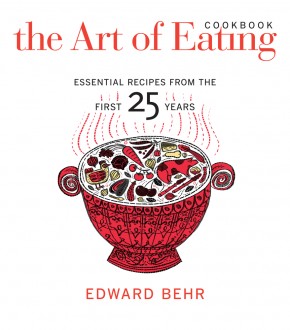
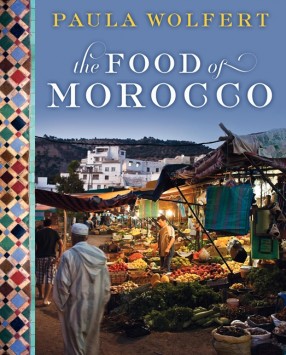
Leave a Reply